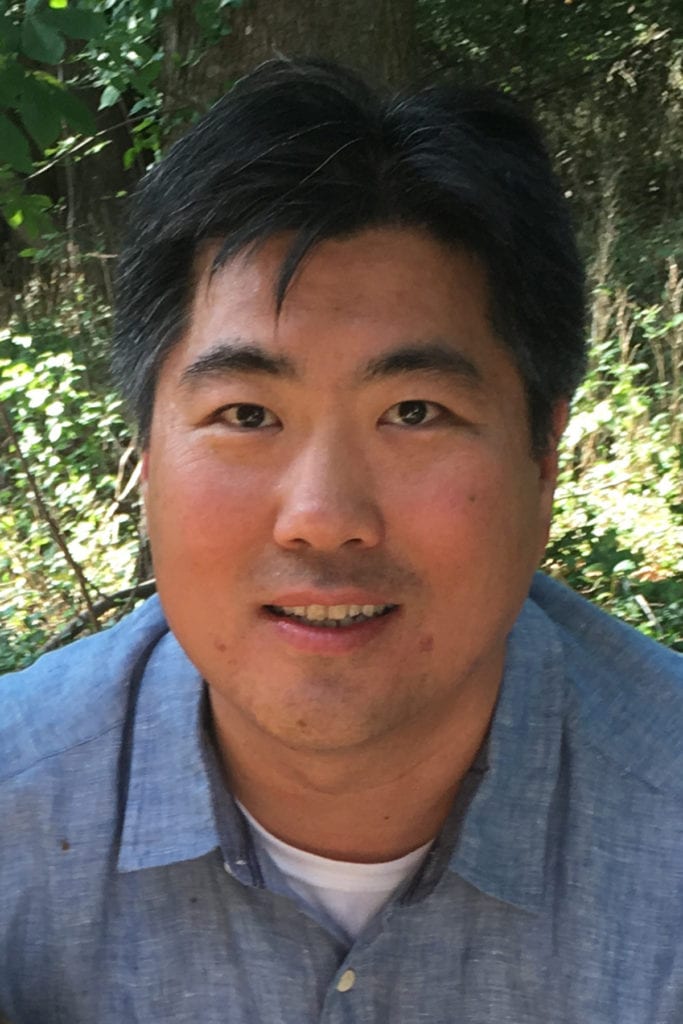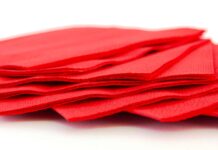As awareness of the climate crisis increases across the world – especially among millennials – environmentally-friendly production and delivery expected to grow to $140.5bn market by 2023. Report by Richard Cho, global marketing director, Solenis.

Global marketing director, Solenis
For today’s consumers, purchase decisions reflect their personal values. This is especially true for millennials, who often seek out products that contain environmentally-friendly or sustainably-sourced ingredients, organic or natural ingredients, or products that have social responsibility claims. Sustainability-marketed products have grown more than three times faster than the consumer-packaged goods market as a whole and, according to the IRI/NYU Stern Centre of Sustainable Business, are expected to grow to $140.5bn by 2023.
A change in attitude is happening in the commercial landscape as a growing number of retailers are launching sustainability-focused private label brands that cross multiple categories, including tissue and towel.
Though it’s more prevalent in the AfH segment, the use of recycled fibre in consumer tissue and towel is not a new dynamic.
Over the past few decades, the tissue aisle has featured a small number of products that have a “100% Recycled” claim on the label. What has changed in recent years is the emergence of recycled tissue products in the consumer premium and super premium quality segments, indicating that products with 100% recycled content can also deliver premium softness, strength, and absorbency.
In addition, an increasing number of tissue makers are looking for and launching products made with non-wood alternatives from non-petrol sources, such as wheat straw and bamboo, which is easily renewable.
With enhanced consumer expectations concerning product sustainability AND premium product attributes, the requirements to delight consumers has become more complex. The use of recycled fibres and non-wood fibres in consumer premium/super premium tissue brings a variety of new challenges to tissue manufacturers:
• Machine runnability issues due to higher fines and stickies;
• Waste and water treatment complications due to heavier solids loading and fibre charge changes;
• Tissue softness and absorbency difficulties due to the presence of alternative pulp in tissue.
Though many stakeholders in the papermaking industry are collaborating to satisfy the demands of the environmentally conscious consumers, chemical suppliers in particular have taken great strides to be agents of change in this effort.
Working together, suppliers and mills are implementing innovative solutions that optimise productivity without sacrificing final product attributes.
Some of the most promising solutions to recycled fibre and alternative tissue-making challenges are found in innovative contaminant control materials. Today, Solenis uses specifically targeted materials to neutralise or mitigate contaminants before they deposit on the wires, felts or rolls. In addition, we offer new tools for retention of fine particles while maintaining or improving drainage. These tools can both increase a tissue maker’s yield and improve drying costs. Solenis also works with tissue makers to adopt advanced measurement and control strategies that both improve and stabilise whitewater quality while reducing costs by only adding the specific amount of chemicals required to handle the real-time conditions in the water system.
Another important focus area is the Yankee dryer and the creping process. Introducing recycled fibre and non-wood alternatives can make it challenging to control the Yankee system and maintain predictable crepe quality and product attributes. Solenis’ understanding of the Yankee coating ensures that we can work closely with tissue makers to develop the most robust and cost-effective Yankee coatings to ensure a safe and reliable creping process, reduce variability and improve product performance.
Of course, there are many other aspects of tissue-making production that must be considered. Solenis offers a diverse portfolio of new absorbency aids, strength aids, and softeners, which mills can use to build a dynamic and flexible programme to handle all the challenges using recycled and alternative fibres can bring. In the end, having an innovative chemical supplier partner like Solenis enables tissue makers to produce the best possible product and to satisfy the modern consumer making extremely conscious product selections.
This article was written by Richard Cho, global marketing director, Solenis, for TWM.

































